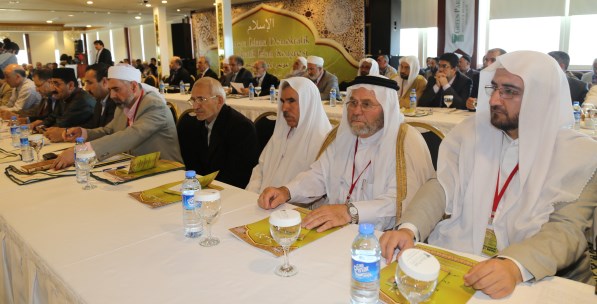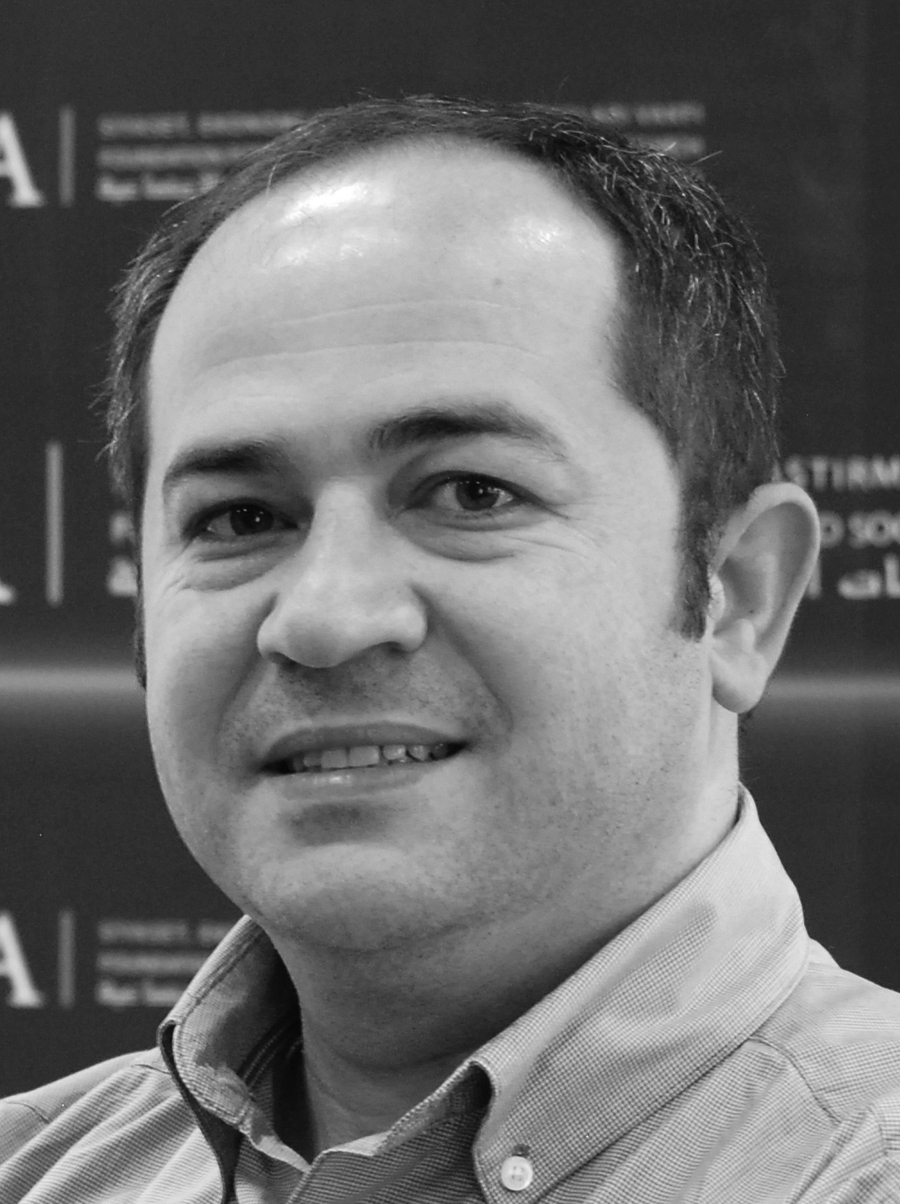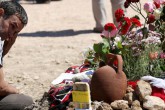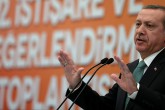The Kurdish peace process in Turkey, which began early last year, continues to transform the Kurdish political movement. Up until the initiation of disarmament talks, the PKK and the Peace and Democracy Party (BDP) had completely disregarded the government’s reform initiatives over the past decade and continued their struggle as if the political leadership, like its predecessors in the 1990s, approached identity-related demands as a security threat. Although EU membership talks and democratic reforms, among others, had radically transformed the country’s politics in the past decade, the Kurdish political movement merely served as part of the resistance against democratization efforts.
The movement’s roadmap, which relied on derailing democratization with its violent and provocative rhetoric up until early last year instead of assisting these efforts, underwent a serious revision when the peace process began in early 2013. The initiation of direct talks pushed the PKK toward a new political strategy which was more in line with the country’s overall direction. By engaging PKK leader Abdullah Öcalan directly and his organization through the proxy of the BDP radically altered the course of the Kurdish political movement.
The peace process has so far led the movement to prioritize political participation over armed struggle as part of a broader notion of seeking representation as a left party with ethnic overtones.
The aforementioned radical changes led the Kurdish political movement toward a new approach that emphasizes parliamentary politics, political creativity and outreach efforts. Currently, however, there are at least two obstacles before the BDP’s outreach strategy: (1) The party’s Kurdish credentials and (2) the movement’s disassociation with religion. While the first factor leads to a lack of support in Turkish- dominated Western provinces, the latter severely restricts the party’s appeal among conservative Kurdish voters.
Since the initiation of peace talks, Öcalan has pushed the Kurdish movement to overcome the above-described obstacles. First, he instructed operatives to establish the Peoples’ Democratic Party (HDP) in an attempt to seek greater support among leftist democrats in the country’s Western parts. The HDP, having participated in the March 30 local elections, added to its power as the BDP leadership announced in late April that they had decided to join the HDP. As such, the HDP -which was formed just months before the local electionsbecame the sole organization to conduct the Kurdish movement’s political activities.
By establishing and empowering the HDP, Öcalan and the Kurdish political movement attempt to reach out to new voter blocs who had been critical of the BDP’s Kurdish credentials and therefore prevented the party’s penetration of the Western provinces. In this regard, Öcalan’s latest move represents an effort to emphasize the movement’s legal activities in order to engage in national politics by appealing to voters outside the country’s Kurdish-majority Southeast. While such a move might serve to remedy concerns over separatism among a significant chunk of the population, it might simultaneously encourage the Kurdish political movement to move forward with a national agenda instead of fixating on a small part of the country.
Öcalan’s subsequent move as part of the Kurdish movement’s new direction was to seek closer ties with religious Muslims, whom he viewed as a gateway to reaching out to new constituencies and prioritizing political acvities over armed struggle. In his historic Newroz letter in 2013, Öcalan had hinted of a move in this direction by referring to Islam and Islamic fraternity as the single most important common value in our part of the world. Following in his footsteps, the Kurdish movement organized the Democratic Islam Congress on 10-12 May in Diyarbakır in an attempt to take the first concrete steps toward bridging the gap with religious voters. The event marked the determination of both Öcalan
In this article
- Domestic Policy
- Opinion
- 1990
- 2013
- Elections
- EU Membership
- European Union (EU)
- Islam
- Islamic
- Kurdish Movement
- Kurdish Peace Process
- Kurdistan Workers' Party Terrorist Organization (PKK)
- Local Elections
- Muslim
- peace process
- PKK - YPG - SDF - PYD - YPJ - SDG - HBDH - HPG - KCK - PJAK - TAK - YBŞ
- Proxy War
- Terror
- Turkish Local Elections
- Türkiye's Peoples' Democratic Party (HDP)
- Western World



